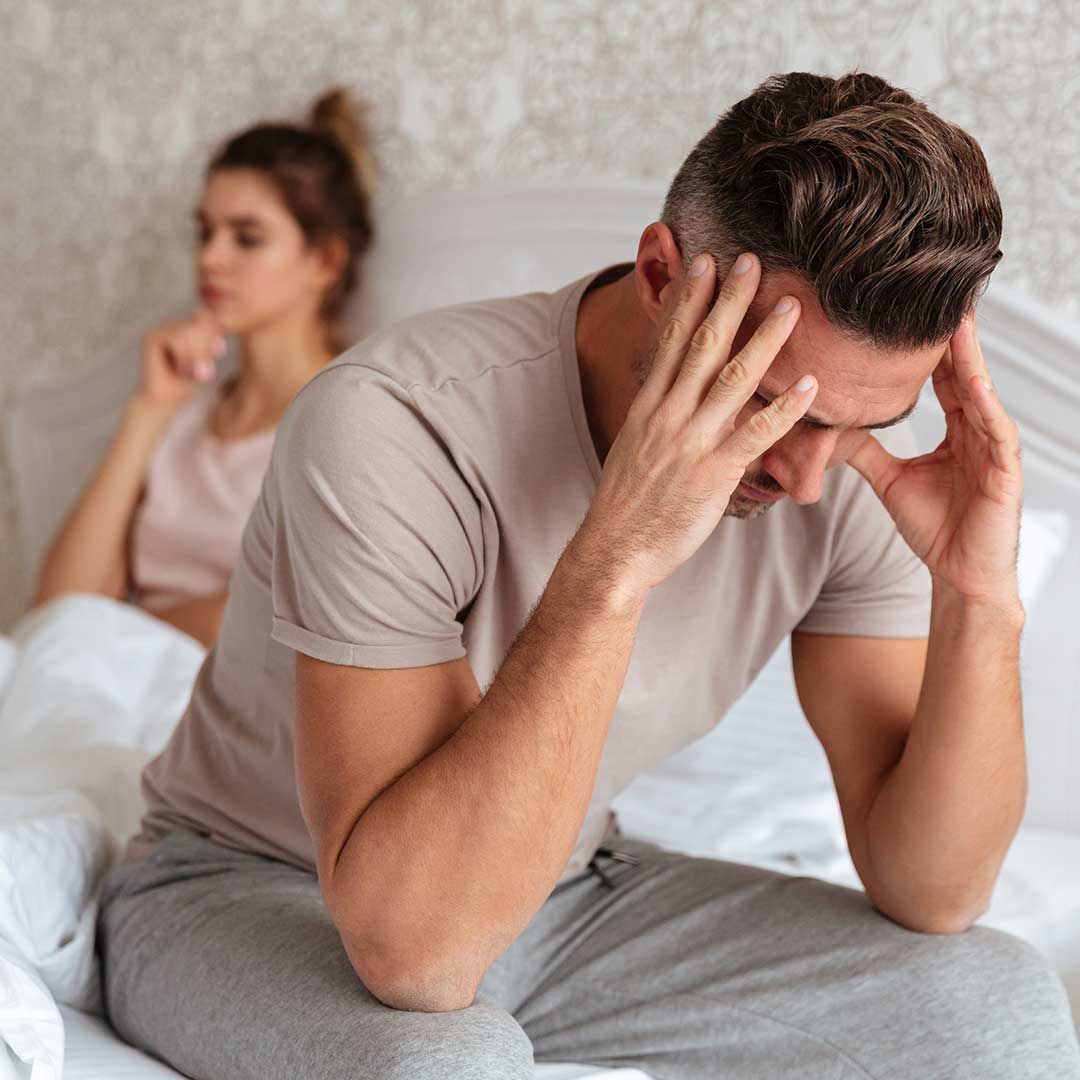-
 Mail us
Mail usinfo@myhealthhospitals.com
-
 Toll Free
Toll Free+91 9111674111
- Book Appointment
Obstetrician and Gynecologist
My health hospitals has Best Gynaecologists with 10 + years of experience in the field of gynaecological diseases and treatment especially ovarion cysts and their symptoms with advanced and best surgical technology (Laparoscopy) with no complications and best results through safe and painless surgery with less hospital stay duration .
Ovarian cysts, sacs filled with fluid located inside or on the surface of the ovary, are a common occurrence. Each ovary is typically the size and shape of a pea, but underlying conditions can cause them to enlarge. In certain cases, ovarian cysts may become twisted (torsion) or rupture if they grow significantly in size, leading to serious symptoms such as severe abdominal pain that may require immediate surgical intervention.
Ovarian cysts vary in type, and symptoms can be indicative of different conditions. Understanding ovarian cyst symptoms is crucial for timely diagnosis and intervention. Treatment options for ovarian cysts range from medication to surgical procedures such as ovarian cystectomy.
There are usually 2 types of cysts. Functional cysts which are more common usually occur during menstrual cycle and disappear on their own in 2-3 menstrual cycles and second type of cysts which are less common and are usually pathological and need to be treated based on size/symptoms and duration .
There cysts are not related to menstrual cycles:
The risk of ovarian cyst is higher with-


An ovarion cyst can be found either during a pelvic exam or incidentally on pelvic ultrasound. Depending on the size of the cyst and its contents and presence of any symptoms your gynaecologist will recommend some tests to decide on further management.

Treatment for ovarian cysts is decided by treating gynaecologist based on your age ,type and size of your cyst and on your symptoms.

Ovarian cysts are extremely common, especially if you haven’t gone through menopause yet. Functional cysts are the most common type of ovarian cyst.
Usually, no. Most ovarian cysts are harmless, and they often go away on their own eventually. Some types of cysts are more likely to become cancerous or cause complications, but this is rare. Less than 1% of ovarian cysts are cancerous. And your provider can monitor any concerning cysts closely to reduce your risk of experiencing complications.
Yes. Cysts can cause bloating, which contributes to weight gain. Some cysts secrete hormones that can cause you to gain weight.
Taking medications that contain hormones (such as birth control pills) will stop ovulation. Some studies suggest that the pill reduces the recurrence of certain cysts. Usually, ovarian cysts are harmless enough that prevention shouldn’t be a concern. Instead, take note of any symptoms that may indicate a cyst and tell your provider about them. Schedule regular pelvic exams so that your provider can find any cysts that require treatment.
Cysts that cause symptoms and keep growing bigger require closer monitoring than cysts that don’t cause these effects. Keep track of any symptoms you’re experiencing so that you can tell your provider about them. Follow their advice on how often you should be scheduling appointments to monitor any concerning cysts.
If you cannot find answers to your queries, please fill out the ENQUIRY form or call the number below. We will contact you shortly
+91 9111674111Visit any of our My Health Hospitals branches for advanced medical care and expert consultations.
H.No 15-24-212, MIG-212, Rd Number 1, K P H B Phase 1, Kukatpally, Hyderabad, Telangana 500072
H.No:-12-5-30, WhiteHouse, Moula Ali Rd, South Lalaguda, Tarnaka, Secunderabad, Telangana 500017